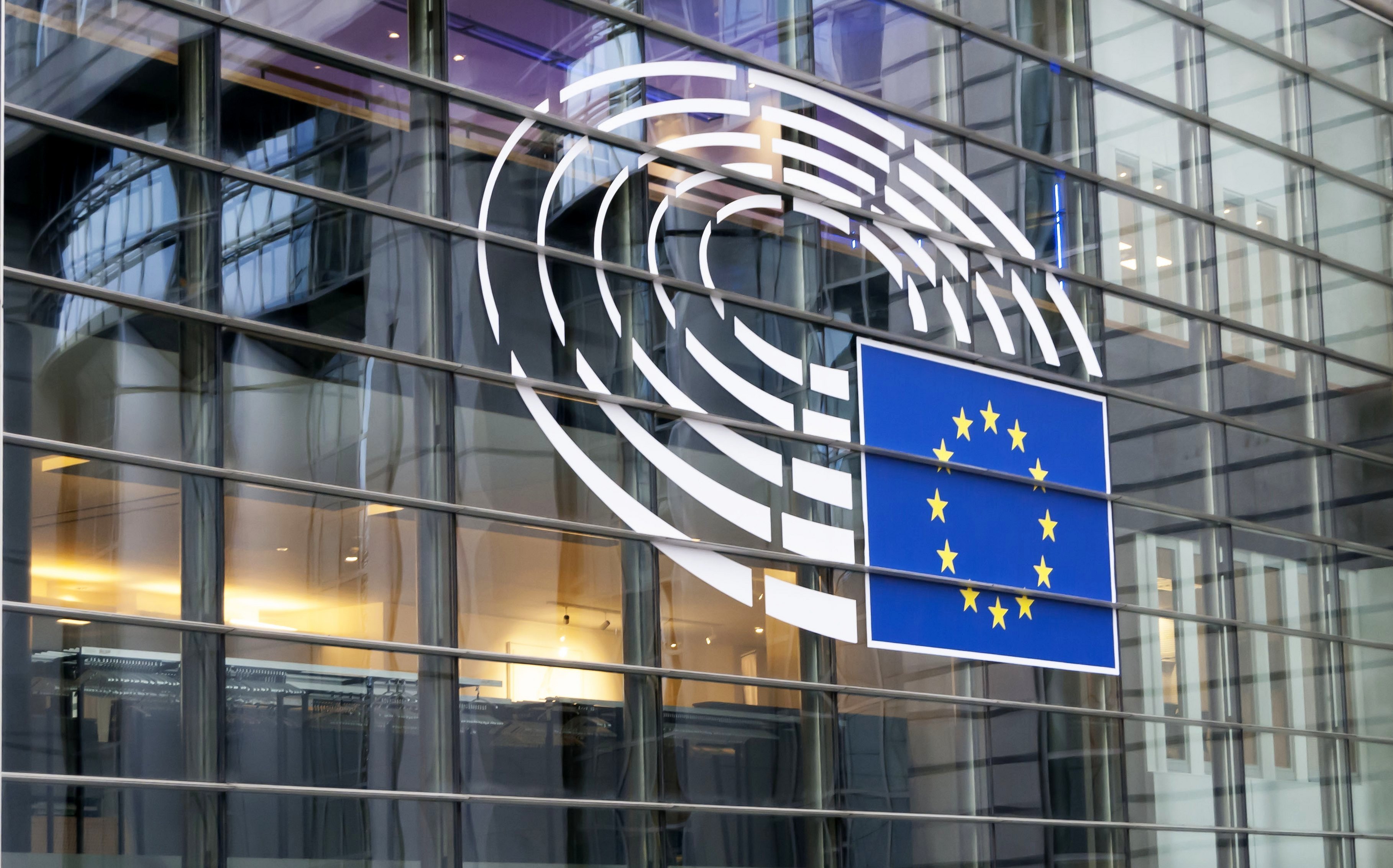We often think of the European Union as a very original experiment in regional integration, but less often do we think of it as a laboratory for new conceptions of government and, indeed, the originality of the European Union. Over the past six decades, its main mission has been to shape and deepen a united market across Member States. The bureaucracy that has emerged in Brussels is a bureaucracy that has been specifically geared to build a private market, so we have to remember that it’s a public fabric of private markets.
The European Union, a public fabric of private markets
Research Professor
- Over the past six decades, the European Union’s main mission has been to shape and deepen a united market across Member States.
- Lobbyists, corporate lawyers and a number of NGOs all seek to have an influence on the regulation of this market.
- The paradox is that this accumulation of supranational power in market regulation has the effect of deepening the private market.
A public fabric of private markets

Photo by Skorzewiak
The main pillars of the EU
One of the main pillars is free circulation of goods, people, services and capital. Another important pillar is fair competition. Bureaucracy in Brussels is organised towards the government of this private market. These two pillars have been progressively extended to concern not only private commercial actors and businesses but also public utility companies, education, universities, hospitals and a variety of public institutions. These institutions have been redefined as market actors, service providers and individuals, but are also understood as workers, consumers or cross-border employees moving across that single market. So, the interest of this experiment of the European Union is to see the connection between a bureaucracy and the building of a private market.
The competition policy
The competition policy, which is probably one of the most powerful EU public policies, has, over the years, been able to sanction big firms such as GAFA, Google, Amazon and the Russian gas company Gazprom. This competition policy has been strengthened as a very powerful, supranational policy. Yet, our understanding of the market is that it is encompassing and is somehow blind to the division between the public and the private sector. It imposes upon public services and public utility companies the same constraints, pushing them to privatise or to act as if they were private actors.
A market-making State

Photo by Alexandros Michailidis
What we have around the European Union is what some scholars have called a market-making State, which has accumulated public and political capacity – a capacity to regulate one of the biggest markets in the world. The paradox is that this accumulation of supranational power in market regulation has the effect of deepening the private market – of deepening a private definition of Europe as a single and united market – with very few differences between public and private actors. So, we could take the example of when the European Commission tries to sanction Google or Amazon, it does so not so much on the grounds of democracy and pluralism, but on the grounds of the private duties of these actors in well-functioning markets. In other words, Google or Amazon have private duties not to abuse their dominant position. In that sense, we see a government through private missions and objectives.
Influencing market regulation
This new centre of power that has emerged around market regulation has attracted a lot of actors around the Commission, around the European Parliament, to have an influence over this regulation of economic actors. It’s essentially lobbyists, corporate lawyers and a number of NGOs acting in a lobbying fashion, because it’s a big fair of interests, among which it’s difficult to differentiate private and public actors, but who all seek to have an influence on the regulation of this market.
Over the years, what we see, as the European Commission and the Court of Justice emerge as gatekeepers of that huge market, is a double bind of the European project. It is continuously being strengthened through market regulation, through its capacity to act as a gatekeeper to the biggest private market in the world, but at the same time, it reinforces a private definition of European societies and of the interests at stake in democracy. It therefore undermines the emergence of a public sphere and of a democracy at the European level.
How the European project has evolved
Initially, the European Union – at the time called the European Communities – was conceived by governments to promote the modernisation of European economies through borderless markets that would develop competition and strengthen market actors. So, it was, initially, a rather limited form of integration. Indeed, there was no contradiction between modernising private markets and keeping this essential dividing line between the public sphere and the private actors. However, as the European project has expanded and has become much more than just a set of regulations on free circulation and fair competition – but a very encompassing form of government – the contradiction has become more and more apparent. In a way, there has been a backlash effect on European Member States and on this public and private dividing line.
Changing the status quo?
There are examples of civil society claims around publicness. Some years ago, Manuel Barroso, who was the president of the European Commission, moved to the private sector in a sort of revolving door. He started working for Goldman Sachs, a bank that the EU is continuously in contact with. There was, of course, a huge conflict of interest. What was very striking was the reaction from within the European Commission, from public servants who felt betrayed by this understanding of publicness, or this conflict of interest, that was emerging. They launched a petition that gathered significant backing from civil society and NGOs in support of the publicness of the European Commission. This goodwill coalition is probably one of the levers from which a turn of history is possible.
A specialised kind of bureaucracy

Photo by Roman Yanushevsky
There is a strong type of bureaucracy in the European Union, but it’s very specialised in regulating market, in setting standards for products and in setting rules for product safety, environmental rules or health standards. It’s a bureaucracy that is deepening the private market and organising the private market. However, it’s not trying to establish or coordinate a public sphere or an alternative understanding of the economy, as it used to in the 1950s and 1960s in Europe.
Discover more about
the public and private divide in the EU
Kelemen, D. (2011). Eurolegalism: The Transformation of Law and Regulation in the European Union. Harvard University Press.
Vauchez, A. (2018). Statesmen of Independence: The International Fabric of Europe’s Way of Political Legitimacy. Contemporary European History, 27(2), 183–201.